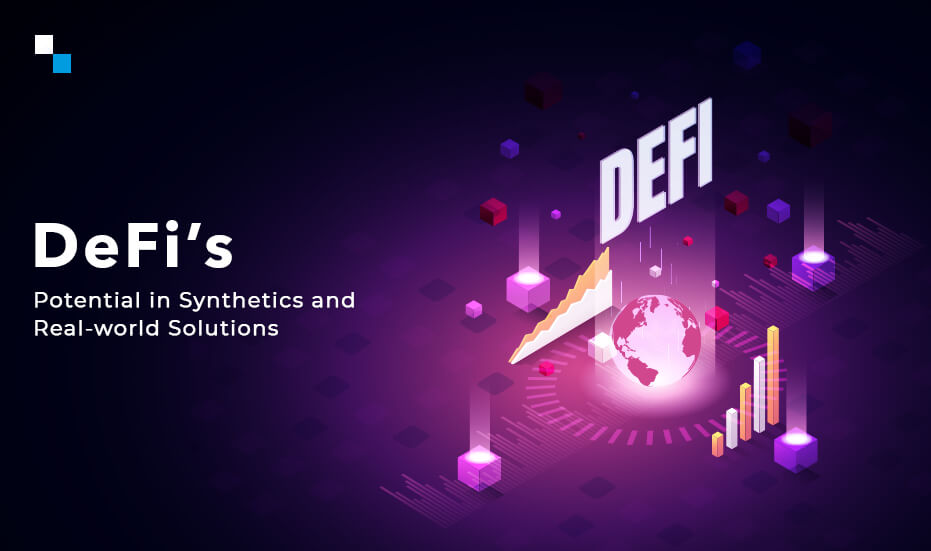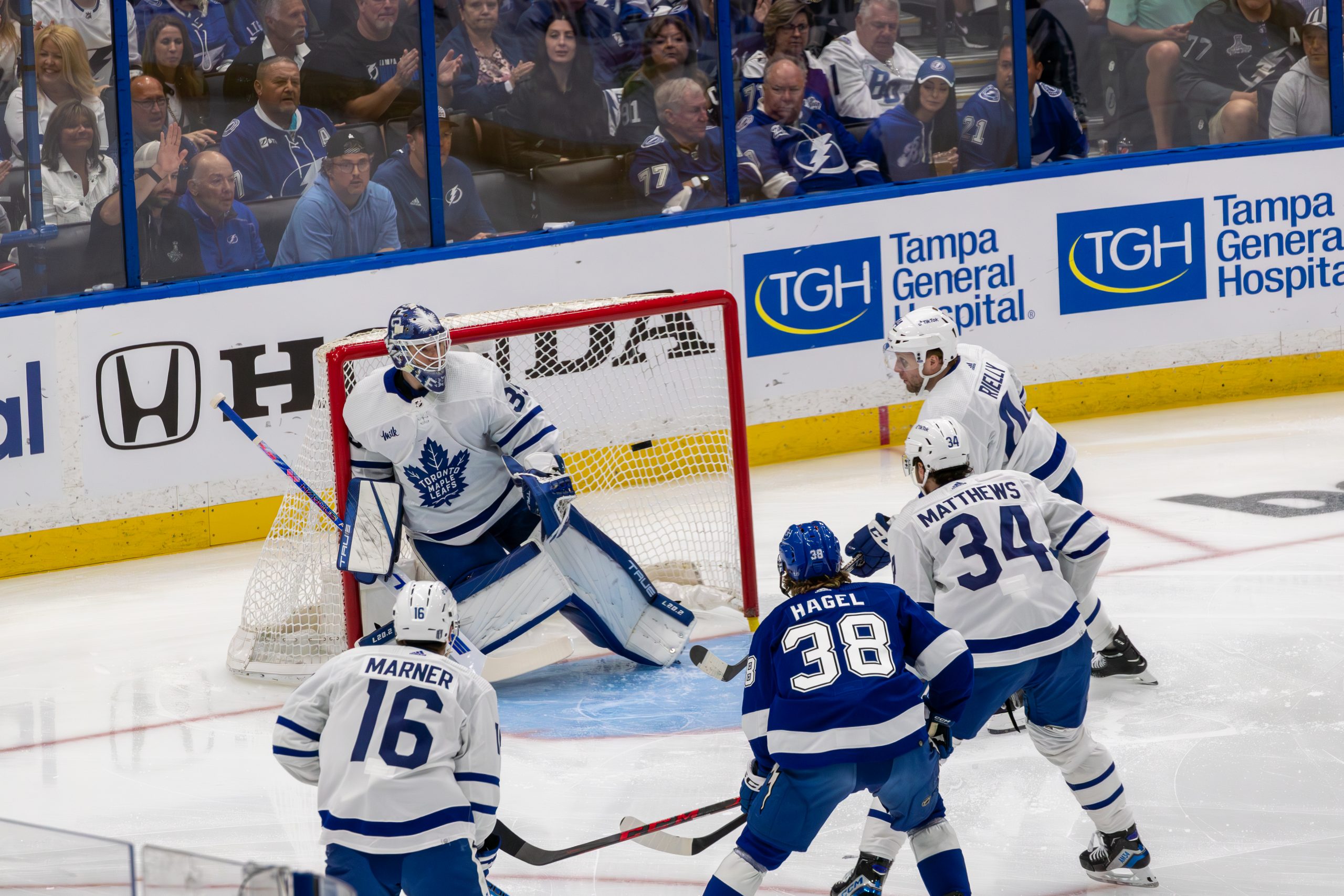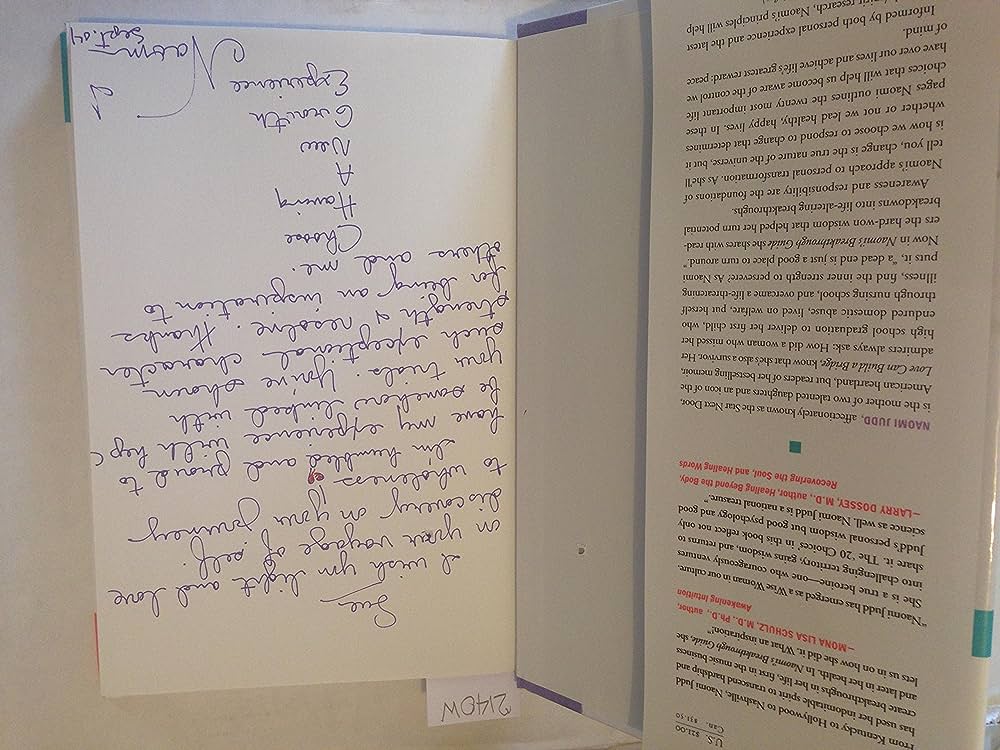NFT marketplaces are online platforms where users can buy, sell, and trade non-fungible tokens, which are unique digital assets stored on a blockchain. These marketplaces provide a convenient and secure way for artists, collectors, and investors to engage in the growing NFT market and discover new opportunities.
With a wide variety of NFTs available, including art, music, virtual real estate, and more, individuals can explore and support the work of creators while potentially benefiting from the value appreciation of these digital assets. As the popularity of NFTs continues to rise, it’s essential for enthusiasts and newcomers to understand the different marketplaces available and their unique features to make informed decisions and participate in this exciting new field.
The Rise Of Nfts In The Digital Market
The thriving NFT marketplaces are revolutionizing the digital market. Collectors worldwide are actively engaging in buying and selling unique digital assets, opening up new opportunities for artists and creators. Get ready to explore the exciting world of NFTs!
Understanding The Concept Of Nfts
- NFTs, or non-fungible tokens, have become a prominent buzzword in the digital world, but what exactly do they entail?
- NFTs represent unique digital assets that cannot be interchanged with one another, making them distinct from cryptocurrencies like Bitcoin or Ethereum.
- These tokens utilize blockchain technology, verifying the ownership and authenticity of digital content, such as artwork, music, or collectibles.
- Each NFT possesses a distinct code, making it easily traceable on the blockchain and ensuring its scarcity and value.
- Unlike physical assets, NFTs enable artists and creators to retain ownership and earn royalties from subsequent sales.
How Nfts Have Gained Popularity In The Digital Landscape
- NFTs have experienced a meteoric rise in popularity, captivating both the art world and mainstream media. So, how did they become the talk of the town?
- Digital artists, who were previously unrecognized or struggled to monetize their creations, found a new avenue to showcase and sell their work.
- The scarcity element inherent in NFTs attracted collectors and enthusiasts looking for exclusive digital assets.
- Celebrity endorsements and high-profile sales, like Beeple’s artwork sold for millions, brought substantial attention to NFTs, driving their widespread adoption.
- The accessibility provided by online marketplaces enabled anyone with an internet connection to participate, further fueling the craze.
Exploring The Various Use Cases Of Nfts
- NFTs have opened up a world of possibilities beyond just art and collectibles. Let’s delve into the diverse use cases that have emerged:
- Virtual real estate: NFTs offer the chance to own and trade virtual land or property within virtual worlds, creating new opportunities for immersive experiences.
- Gaming: NFTs are revolutionizing the gaming industry by enabling players to own in-game assets, such as unique characters, weapons, or items, enhancing gameplay and fostering a thriving virtual economy.
- Music and videos: Musicians and content creators can release exclusive songs or videos as NFTs, providing fans with limited edition or personalized content, while also granting creators more control over their intellectual property rights.
- Ticketing and events: NFTs have the potential to transform ticketing, as digital tickets can be minted as NFTs, ensuring authenticity, preventing fraud, and enabling easy transferability.
- Charity and social impact: NFTs have become a powerful tool for fundraising and philanthropy, allowing organizations and individuals to create and sell NFTs to support various causes.
So, there you have it—the rise of NFTs in the digital market. From understanding their concept to exploring their popularity and use cases, NFTs have undeniably made their mark in the digital landscape. As their influence continues to grow, it will be fascinating to witness how NFTs reshape various industries and empower creators and consumers alike.
Exploring Nft Marketplaces
NFT marketplaces offer a unique and exciting opportunity for artists, collectors, and investors to explore and engage with digital assets. With a wide range of platforms available, there is something for everyone interested in the fast-growing world of NFTs. Discover this thriving marketplace and unlock the potential of digital ownership.
An Overview Of Nft Marketplaces
NFT (Non-Fungible Token) marketplaces have become the go-to platforms for buying and selling digital assets. These marketplaces revolutionize the way creators monetize their work and collectors acquire unique digital items. In this section, we will explore the role of NFT marketplaces and compare some of the most popular platforms available.
The Role Of Nft Marketplaces In The Buying And Selling Of Digital Assets
NFT marketplaces serve as online platforms that facilitate the buying and selling of digital assets through blockchain technology. Here are the key aspects of their role:
- Opportunity for creators: NFT marketplaces provide a platform for creators, such as artists, musicians, and content creators, to showcase and monetize their digital work. By minting their creations into NFTs, creators can gain exposure, retain ownership rights, and earn royalties on secondary sales.
- Access for collectors: NFT marketplaces offer collectors the opportunity to own unique digital assets, including artwork, music, videos, virtual real estate, and more. Collectors can browse through a wide range of NFTs, interact with creators, and build their digital collections.
- Transparency and authenticity: Blockchain technology ensures the transparency and authenticity of NFT transactions. Each NFT has a unique token identifier recorded on the blockchain, proving its ownership and authenticity. This eliminates the risk of counterfeit or duplicated assets.
Comparing Popular Nft Marketplaces And Their Unique Features
Let’s explore some of the most popular NFT marketplaces and the unique features they offer:
- OpenSea: One of the largest NFT marketplaces, OpenSea provides a vast collection of digital assets across various categories. It supports Ethereum-based NFTs and has a user-friendly interface for creators and collectors.
- Rarible: Rarible stands out for its decentralized nature, allowing users to create, buy, and sell NFTs without an intermediary. It also offers governance tokens, giving users a say in platform decisions.
- NBA Top Shot: NBA Top Shot focuses on sports-related NFTs, particularly basketball highlights. It provides a dynamic and interactive experience by offering moments from NBA games as limited-edition NFTs.
- SuperRare: SuperRare is a curated NFT marketplace that focuses on high-quality digital artwork. It emphasizes the artistic value of each piece by featuring unique and limited-edition NFTs.
- Nifty Gateway: Nifty Gateway stands out for its user-friendly interface and support for credit card purchases, simplifying the onboarding process for newcomers to the NFT space. It hosts drops from well-known artists and brands.
- Foundation: Foundation is an invitation-only NFT marketplace that emphasizes the curation of high-quality artwork. It offers a selective and exclusive environment for creators and collectors.
These are just a few examples of the NFT marketplaces available today. Each platform brings its unique features and advantages, catering to different types of creators and collectors. Whether you’re an artist looking to monetize your work or a collector seeking unique digital assets, there is an NFT marketplace suited to your needs.
Nft Marketplaces: Key Features And Benefits
Discover the key features and benefits of NFT marketplaces. Experience a seamless platform for buying, selling, and trading unique digital assets, while enjoying increased liquidity, security, and transparency. Join the NFT revolution today.
As the world of digital assets continues to evolve, NFT marketplaces have emerged as vital platforms for buying, selling, and trading non-fungible tokens. These marketplaces offer a host of key features and benefits, making them a preferred choice for creators, collectors, and investors.
In this section, we will explore the notable aspects that make NFT marketplaces stand out.
Seamless User Experience And Intuitive Interface:
- User-friendly platforms: NFT marketplaces prioritize providing a seamless user experience by offering intuitive interfaces that are easy to navigate, even for those new to the crypto space.
- Smooth browsing and search functionality: With advanced search filters and categorization options, users can effortlessly browse through vast collections of NFTs, allowing them to discover and acquire pieces that match their preferences.
- Streamlined transaction process: These marketplaces ensure a hassle-free transaction process, enabling users to buy or sell NFTs with ease. They often integrate with popular digital wallets, creating a seamless connection between the buyer and the seller.
Accessibility And Inclusivity In The Nft Marketplaces:
- Global reach and democratization: NFT marketplaces operate on a global scale, giving artists from all corners of the world an opportunity to showcase and sell their digital creations. This global reach democratizes the art community and expands the possibilities for artistic expression.
- Opportunities for emerging artists: These marketplaces provide a platform for emerging artists to gain recognition and exposure. By eliminating traditional gatekeepers, NFT marketplaces allow artists to directly connect with their audience and potential buyers, empowering them to establish themselves in the digital art world.
- Inclusivity for collectors: NFT marketplaces offer collectors the chance to explore and invest in a wide range of digital assets, including artworks, collectibles, music, and more. This inclusivity allows individuals with varying preferences and interests to participate and build their collections.
Smart Contracts And Blockchain Technology Ensuring Transparency And Security:
- Immutable ownership records: NFT marketplaces leverage blockchain technology to ensure the authenticity and provenance of NFTs. Smart contracts establish a unique digital fingerprint for each asset, providing an unalterable record of ownership and history.
- Increased trust and transparency: Through the use of blockchain, NFT marketplaces enhance trust by enabling transparent transactions and verifiable ownership records. This transparency eliminates the risk of counterfeit or duplicate assets, providing peace of mind to both buyers and sellers.
- Enhanced security measures: The decentralized nature of blockchain technology adds an extra layer of security to NFT marketplaces. By removing the need for intermediaries or centralized authorities, the risk of hacking or fraud is significantly reduced.
NFT marketplaces offer a range of features and benefits that cater to the needs of artists, collectors, and investors. With their seamless user experiences, inclusive environments, and the security provided by blockchain technology, these platforms have revolutionized the digital asset landscape.
Whether you are an artist looking to showcase your work, a collector seeking unique pieces, or an investor exploring new opportunities, NFT marketplaces provide a dynamic and secure platform for engaging in the world of non-fungible tokens.

Credit: uk-podcasts.co.uk
Nft Marketplaces And Their Impact On Artists
NFT marketplaces are revolutionizing the art industry by providing artists with a new platform to showcase and sell their unique digital artworks. Artists can now reach a global audience and earn royalties on their creations without the need for intermediaries.
This newfound transparency and accessibility are empowering artists like never before.
NFT marketplaces have revolutionized the way artists monetize their creations and interact with collectors. This emerging technology has opened up new opportunities for artists to thrive in the digital landscape. Let’s explore the significant impact of NFT marketplaces on artists:
Empowering Artists To Monetize Their Creations
- Artists can sell their digital artworks directly to collectors without the need for intermediaries or traditional art institutions.
- NFTs provide a unique way for artists to authenticate and claim ownership of their digital creations, establishing a sense of scarcity and value.
- By leveraging blockchain technology, artists can establish provenance and ensure the authenticity of their artwork, which enhances the trust of potential buyers.
- The decentralized nature of NFT marketplaces gives artists the freedom to set their prices and earn a fair share from the sales of their art.
- Artists can reach a global audience, transcending geographical boundaries and tapping into a vast online community of art enthusiasts and collectors.
Removing Intermediaries And Providing Direct Interaction With Collectors
- NFT marketplaces eliminate the need for art galleries, agents, and auction houses, reducing the hefty commissions that artists often have to pay.
- Artists can directly engage with collectors, fostering more intimate connections and opportunities for collaborations.
- The direct interaction enables artists to receive immediate feedback from collectors and adjust their artistic direction accordingly.
- By participating in online communities within NFT marketplaces, artists can connect with like-minded individuals, share experiences, and gain exposure to new audiences.
Potential For Royalties And Ongoing Revenue Streams For Artists
- Unlike traditional art sales, NFTs can provide artists with ongoing revenue streams through the inclusion of royalty mechanisms.
- Artists can program their NFTs to automatically receive a percentage of the subsequent sales whenever their artworks are resold.
- This innovation allows artists to continue profiting from the increasing value of their creations over time, providing a sustainable income source.
- Royalties incentivize artists to create more, as they can benefit financially from the success and popularity of their artwork in the secondary market.
NFT marketplaces have truly transformed the way artists navigate the art world. Empowering artists to monetize their creations, eliminating intermediaries, and offering potential ongoing revenue streams, NFTs have opened up a world of possibilities for artists to thrive and connect with their audience on a global scale.
Investment Opportunities In Nft Marketplaces
Discover a world of investment opportunities in NFT marketplaces, where unique digital assets are bought, sold, and traded. Explore the potential for growth and profit in this evolving market.
Exploring The Potential For Financial Gains Through Nft Investments
NFTs, or non-fungible tokens, have taken the digital world by storm, offering unique ownership rights and exciting investment opportunities. Investing in NFTs allows individuals to leverage the growing popularity of digital assets and potentially enjoy significant financial gains. Here, we will delve into the potential for financial gains through NFT investments, navigating the risks and challenges associated with this market, and strategies for successful NFT investments to help you maximize your returns.
Navigating The Risks And Challenges Associated With Investing In Nfts
Investing in NFTs comes with its fair share of risks and challenges. It is important to understand these factors before diving into the market. Here are some key points to keep in mind:
- Volatility: NFT prices can experience rapid fluctuations, similar to other types of investments. It is crucial to carefully research the market, assess the trends, and manage your investments accordingly.
- Authenticity and provenance: Due to the digital nature of NFTs, proving authenticity and verifying provenance can be challenging. Ensure that you are purchasing from reputable marketplaces and artists with a strong track record.
- Market saturation: With the increasing popularity of NFTs, the market has become saturated. It is essential to identify unique and high-quality assets to invest in, ensuring they have long-term value and demand.
- Regulatory uncertainty: NFTs are a relatively new asset class, and regulations around them are still evolving. Stay updated on the legal and regulatory developments in your jurisdiction to minimize any potential legal risks.
Strategies For Successful Nft Investments And Maximizing Returns
To successfully navigate the world of NFT investments and maximize your returns, here are some strategies to consider:
- Thorough research: Research is key when it comes to investing in NFTs. Educate yourself about different artists, platforms, and trends. Analyze the historical performance of NFTs, study the market dynamics, and keep an eye on emerging opportunities.
- Diversification: Just like any other investment portfolio, diversification is crucial. Allocate your funds across different artists, genres, and platforms to minimize risk.
- Engage with the community: Participate in online forums, social media groups, and attend virtual events related to NFTs. Engaging with the community can provide valuable insights, help identify potential investments, and build connections with influential figures in the space.
- Long-term perspective: While short-term gains are enticing, consider taking a long-term perspective. Look for artists with a strong reputation, unique style, and potential for growth. Investing in NFTs with a long-term vision can yield substantial returns as the asset gains popularity and recognition.
Remember, investing in NFTs involves a degree of risk, and there are no guarantees of success. Your ability to analyze the market, make informed decisions, adapt to changing trends, and manage your investments strategically will significantly impact your chances of financial gains in the NFT marketplace.
Challenges And Future Of Nft Marketplaces
The challenges faced by NFT marketplaces are paving the way for a promising future. With increasing demand and evolving technology, these marketplaces are reshaping the art and digital asset industry, offering new opportunities for creators and investors alike. As the market expands, addressing issues such as scalability, sustainability, and inclusivity will be crucial for the continued growth and success of NFT marketplaces.
NFTs, or Non-Fungible Tokens, have revolutionized the world of digital art and collectibles. As more artists and creators embrace this new paradigm, NFT marketplaces have gained momentum. However, this burgeoning industry still faces several challenges and uncertainties as it looks towards the future.
In this section, we will explore two key areas of concern: scalability and environmental impact, as well as the need for regulation and addressing legal considerations.
Scalability And Environmental Concerns In The Nft Space:
- The rapid growth of NFT marketplaces has led to scalability challenges, with congestion and high transaction fees becoming common occurrences.
- Blockchain technology, the backbone of NFTs, currently struggles with scalability, as the existing networks like Ethereum face difficulties in handling a large number of transactions.
- Possible solutions and innovations to address scalability challenges in NFT marketplaces include:
- Layer 2 solutions such as sidechains or state channels to alleviate congestion and reduce transaction costs by managing transactions off-chain.
- The exploration of alternative blockchain platforms with better scalability features, like Flow or Tezos.
- Improving existing blockchain protocols to optimize scalability, such as Ethereum’s transition to Ethereum 2.0 which promises increased transaction throughput.
The environmental impact of NFTs has also raised concerns about the sustainability of this digital industry. NFTs rely on complex blockchain networks that consume substantial amounts of energy.
- Strategies to mitigate the environmental impact of NFTs include:
- Promoting the use of blockchain platforms that utilize more energy-efficient consensus mechanisms, like proof-of-stake (PoS) instead of proof-of-work (PoW).
- Encouraging NFT marketplaces to implement eco-friendly policies such as carbon offsetting programs or renewable energy initiatives.
- Raising awareness and educating artists, collectors, and users about the environmental consequences of their NFT-related activities.
Regulating The Nft Marketplaces And Addressing Legal Considerations:
While NFT marketplaces provide a decentralized platform for creators and buyers, they also introduce legal complexities and the potential for fraudulent activities. Regulators are now turning their attention to this rapidly evolving space, exploring ways to protect both artists and investors.
- Important legal considerations in the NFT marketplace ecosystem are:
- Intellectual property rights: Ensuring that artists’ works are protected from unauthorized replication and distribution.
- Ownership and provenance: Establishing transparent and immutable records of ownership and transaction history for NFTs to prevent fraud and counterfeiting.
- Taxation: Devising suitable tax frameworks for NFT sales and transactions to address the evolving nature of this digital asset class.
- Consumer protection: Safeguarding buyers from deceptive practices, scams, and misleading information regarding the value and authenticity of NFTs.
Looking forward, industry stakeholders, regulators, and innovators are collaborating to shape the future of NFT marketplaces.
Future Trends And Innovations In Nft Marketplaces:
NFT marketplaces continue to evolve, propelled by technological advancements and the evolving needs of creators and collectors. Several exciting trends and innovations are on the horizon:
- Emergence of hybrid platforms: Blending the physical and digital worlds, hybrid platforms allow artists to create and tokenize real-world assets, expanding the possibilities and applications of NFTs beyond digital art.
- Interoperability and cross-chain solutions: Efforts to enhance compatibility between different blockchain networks will enable seamless transfer and trade of NFTs across platforms, fostering greater liquidity and accessibility.
- Fractional ownership and secondary markets: Enabling fractional ownership of NFTs allows investors to own a portion of a high-value artwork or collectible, increasing affordability and opportunities for smaller investors. The development of secondary markets facilitates the resale and trading of NFTs, enabling artists to earn royalties with each subsequent sale.
- Enhanced user experiences: NFT marketplaces are poised to improve user experiences by incorporating intuitive interfaces, personalized recommendations, and enhanced search functionalities, making it easier for collectors to discover and engage with NFTs aligned with their interests.
As NFT marketplaces continue to transform the art and collectibles landscape, heightened focus on scalability, sustainability, legal frameworks, and technological advancements will help shape a prosperous and equitable future for this emerging industry.
Frequently Asked Questions On Nft Marketplaces
What Are The Main Nft Marketplaces?
The main NFT marketplaces include OpenSea, Rarible, SuperRare, and NBA Top Shot.
What Is The Best Marketplace For Nft Beginners?
The best marketplace for NFT beginners is OpenSea. It is user-friendly and has a wide variety of NFTs available.
What Is The Cheapest Nft Marketplace?
The cheapest NFT marketplace is the one that offers the lowest fees for buying and selling digital assets.
What Are Nft Marketplaces?
NFT marketplaces are online platforms where users can buy, sell, and trade non-fungible tokens (NFTs). These tokens represent unique digital assets like art, music, collectibles, and more. These platforms provide a marketplace for creators and collectors to interact and transact with NFTs.
Conclusion
NFT marketplaces have revolutionized the way artists and collectors engage with digital art and assets. With the rise of blockchain technology, these marketplaces offer a secure and transparent platform for buying, selling, and trading NFTs. Artists have found a new way to monetize their creations, and collectors can own unique and provably scarce digital items.
The popularity of NFT marketplaces like OpenSea, Rarible, and SuperRare has soared, attracting both seasoned art enthusiasts and newcomers alike. As the technology continues to evolve, we can expect to see even more innovative features and enhancements in NFT marketplaces, such as fractional ownership and integration with other digital platforms.
However, it is important to stay informed and exercise caution, as the market can be volatile and subject to scams. Nevertheless, the NFT marketplace phenomenon marks an exciting step towards the future of art and digital ownership. So, whether you are an artist looking to showcase your work or a collector seeking to invest in unique digital assets, exploring NFT marketplaces is a worthwhile endeavor.



